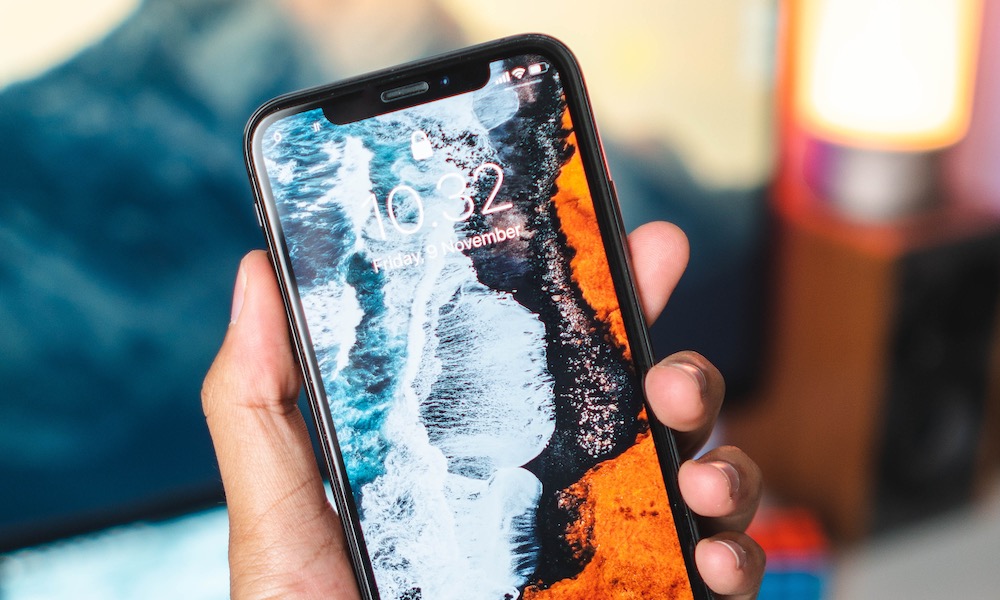Dropped Calls
While it’s likely not as serious as we’ve seen in the past, it does appear that a substantial number of users are encountering more frequently dropped calls since updating to iOS 15, with nearly a third of respondents to our poll noting that they’d experienced a higher number of dropped calls since upgrading.
There can be a lot of factors affecting this, and your mileage may vary depending on what carrier you’re on. However, since each major iOS release tweaks how the cellular radios and related hardware works on the iPhone, it’s definitely something that can be an unintended consequence.
Some of this can also be a result of cellular networks being under more load during a time when many more users are upgrading to and activating the latest iPhone models. Further, while individual carriers have advance releases of each new iOS version to test on their networks, not all of them test these — or tweak their customized carrier settings for iOS — equally, so your mileage may vary.
Carrier settings can also be updated independently of an iOS release, so if there’s a network-wide problem, it’s possible for the carrier to fix this without waiting for the next iOS update. However, this process also sometimes leaves old internal configuration settings lying around, which is why it’s a good idea to reset your network settings on your iPhone every so often to clean out the cruft.
If you’re experiencing frequent dropped calls, or any other odd communication problems with Bluetooth, Wi-Fi, or cellular data, we’d suggest doing this with a quick trip into your iPhone Settings app. You can find it under General, Reset, Reset Network Settings. Note that this will also remove your saved Wi-Fi networks and most of your paired Bluetooth devices, but it’s usually worth it to get a fresh start, as this often solves the communication-related problems on your iPhone.

